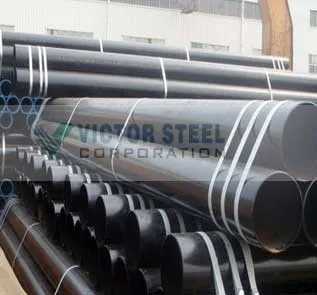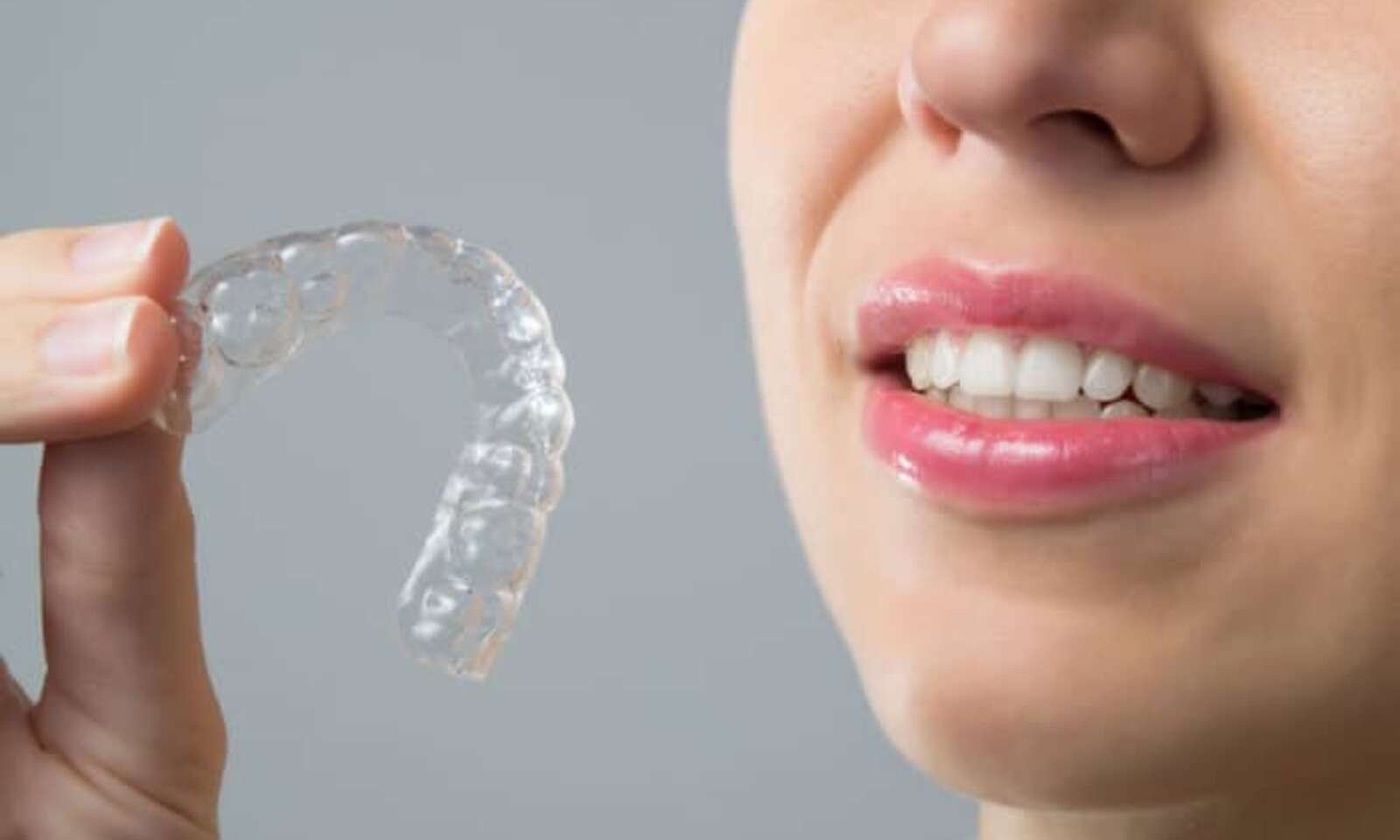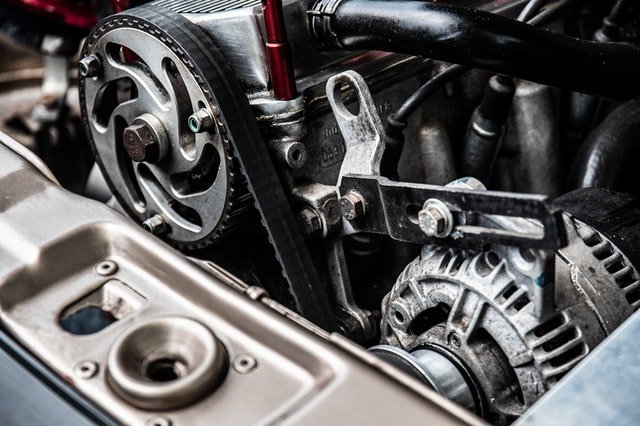When To Consider Vein Specialist?
The doctor who treats all types of vein disorders is called a phlebologist who specializes in treating and diagnosing diseases of the vein. From this, the answer to the question What is a Vein Specialist Called? or what is a vein doctor called? It would have been more transparent and specific.
These veins are twisted and swollen veins that most frequently develop in your legs. These veins lie close to the skin, and the color of these veins is dark blue or purple. These veins also form discolorations around the affected areas. These veins look like ropes around the inner thigh or the area backside of the knee. For many people, this can only be a cosmetic concern as the4 infected area does not look good, and it creates other types of disbalance in their lifestyle.
According to a reliable study, more than 30 million people suffer from venous disease, but 10 percent seek treatment.
Also, 20% of people have a vascular disease at some point of type. However, these are very common among older people and younger ones.
Sometimes, vein disease can be unnoticed until it gets severe and dangerous. So, if you see any signs and signals of venous problems, you shouldn’t hesitate to contact a vein doctor before it worsens. In this article, you will learn the vital signs of getting a doctor and what kind of doctor treats veins.
Doctors who specialize in improving blood clots and the medical disorders related to the venis can be treated.
When to follow the checkup for Vein Treatment?
You should catch up for the consultation session when you see these symptoms or some unusual changes in your body at that time.
The problems like Ulcers, bleeding, pain and aches, and blood clots are the sign calling you to reserve your slot for the consultation session with the vein doctor. Rather than this, if you have severe varicose veins and experience dizziness, shortness of breath, a fluttering heartbeat, chest pain, or blood coming out in the form of a cough, then it’s time to seek urgent medical attention.
Why is varicose vein stripping done?
Your doctor may recommend varicose veins stripping if you’re experiencing:
- If you feel constant pain, throbbing, and tenderness in your longer legs
- skin sores and ulcers
- blood clotting
- Heavy bleeding from the veins
A vein stripping procedure may also be done if you’re concerned about the aesthetic appearance of your legs. You should see a doctor for the varicose veins stripping process.
Ending Up :
Most varicose veins are not harmful and are not at all dangerous. Still, sometimes their appearance concerns most of them. Schedule an appointment to see your healthcare professional if you want a specialist to assess whether you have other problems related to varicose veins. Varicose vein, a disease of the superficial venous system, is characterized by a weakness of the vein wall, causing vein distention/dilatation. Once distended /dilated, most valves along the diseased vein will become incompetent.
This means: they will leak, and the normal uphill – back to the heart – blood flow, with the help of gravity, will reverse course and become a downhill flow back to the calf/ankle. This flow pattern is called reflux. That is the scenario only if the patient is upright on their feet. With the patient recumbent, even better with an elevated leg, the favorable gravitational forces will automatically facilitate a resumption of the normal uphill back-to-the-heart flow.











